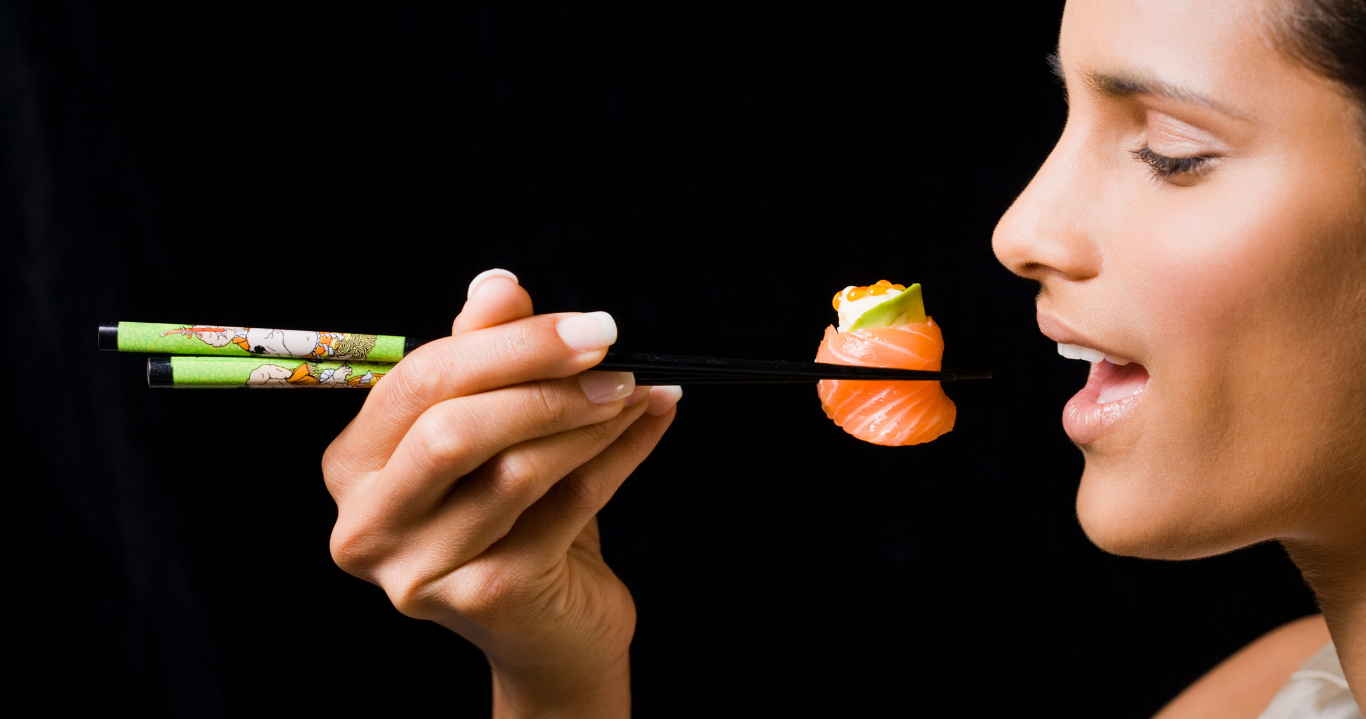
In a world where authenticity is cherished, the culinary realm is not immune to deceit. From premium products to everyday staples, counterfeit food items infiltrate markets globally, posing risks to consumer health and economic integrity. Delve into the shadowy world of food fraud as we uncover the most faked foods worldwide.
You May Like: Rare Spices: An Ancient Culinary Treasure Tale
Olive Oil
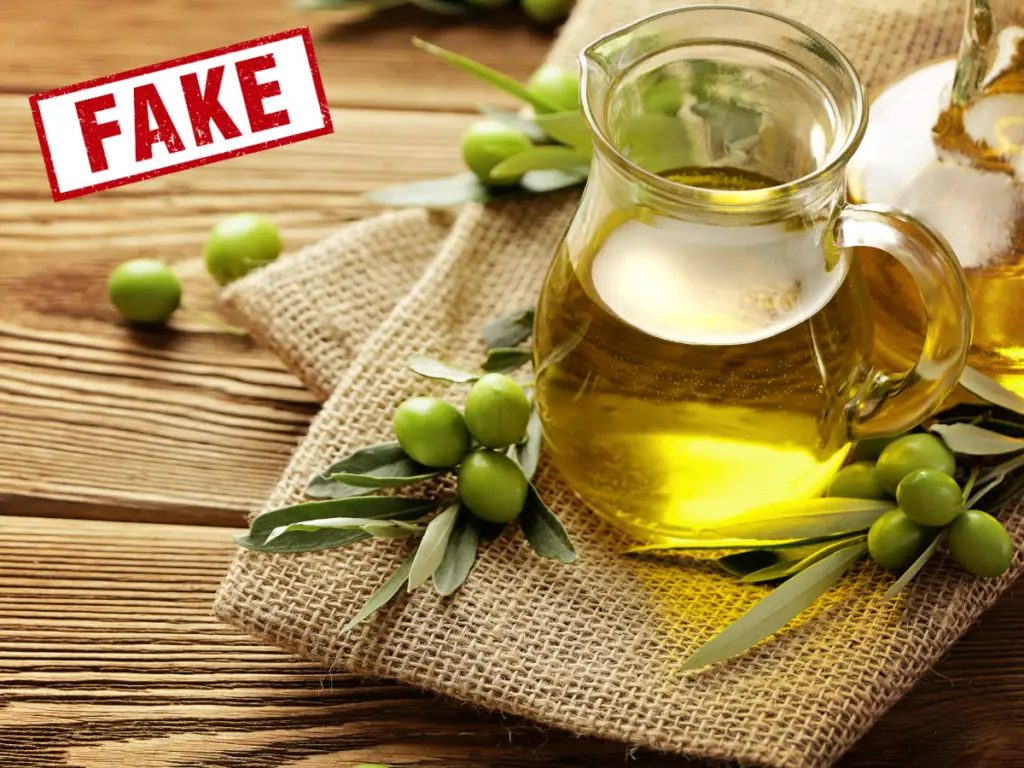
Liquid Gold or Golden Deception? Although revered for its health benefits and gastronomic versatility, Olive oil falls prey to rampant adulteration. Fraudulent practices range from diluting pure olive oil with cheaper vegetable oils to mislabeling lower-grade oils as extra virgin. The counterfeit olive oil industry thrives with its lucrative market, compromising flavor, quality, and consumer trust.
Honey
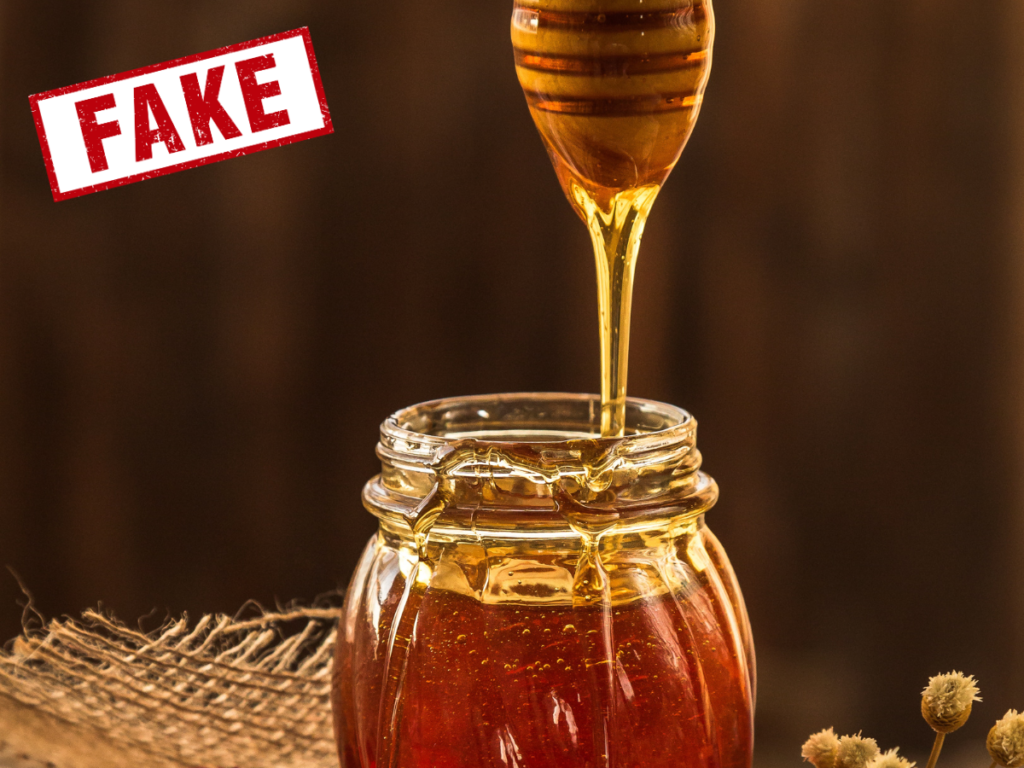
Nature’s Sweet Deception: The golden elixir of nature, honey, faces widespread adulteration and mislabeling. Unscrupulous producers blend authentic honey with syrups or sugar solutions, masking inferior quality and origins. Counterfeit honey not only defrauds consumers but also undermines the efforts of genuine beekeepers, threatening biodiversity and ecosystem health.
Fish
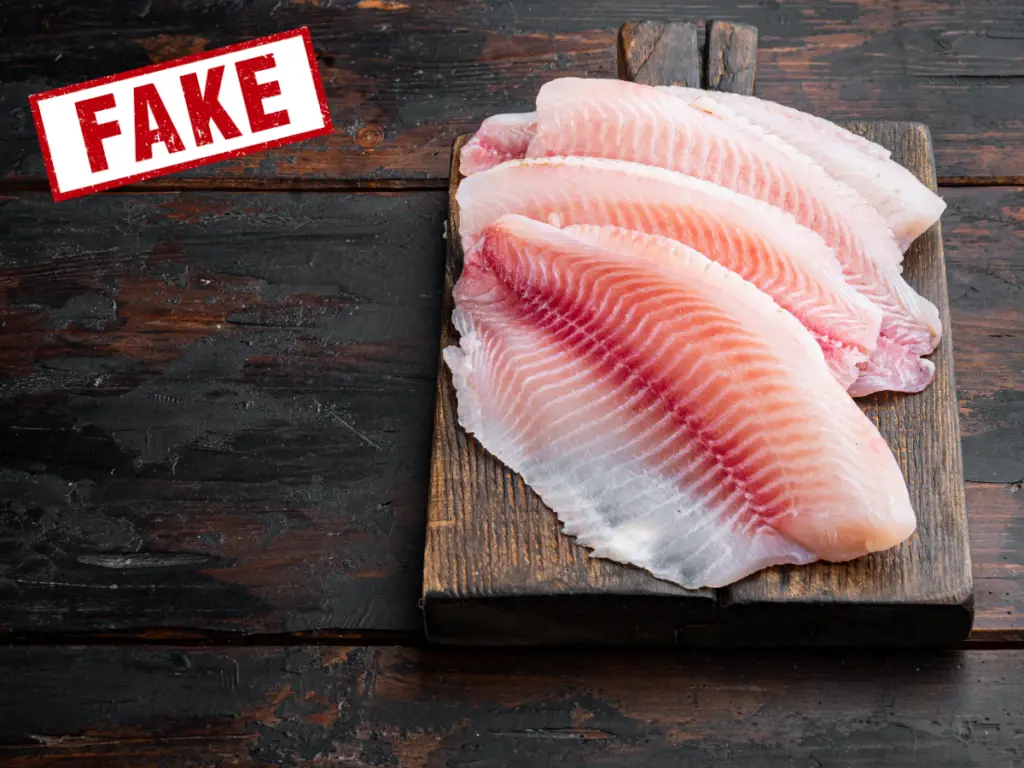
The Slippery Slope of Seafood Fraud: Seafood, a dietary staple worldwide, swims amidst a sea of fraud. Species substitution, mislabeling, and illegal fishing practices plague the industry, deceiving consumers and jeopardizing marine ecosystems. From misidentified sushi to fraudulent fillets, seafood fraud not only deceives palates but also endangers global fisheries and marine conservation efforts.
Milk and Dairy Products
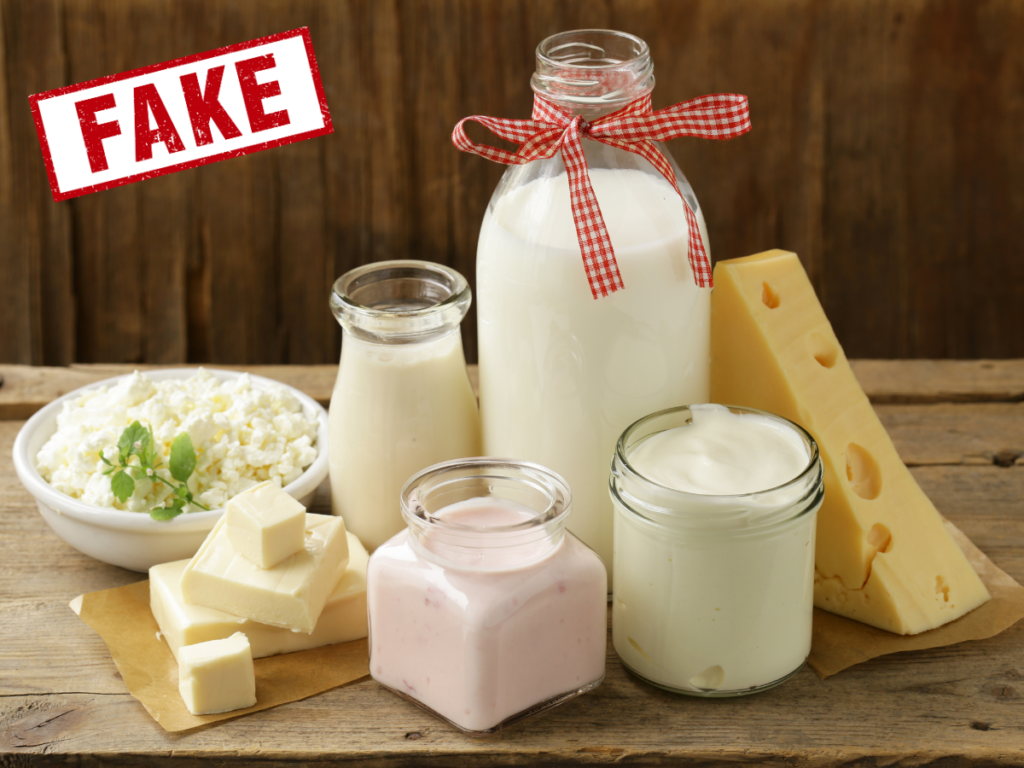
The Milky Way of Deception: Milk, a fundamental source of nutrition, harbors a dark side of adulteration and contamination. Diluting milk with water, skimming the cream, and adding synthetic substances compromise its nutritional value and safety. Counterfeit dairy products, including cheese and yogurt, undermine dairy industry standards, endangering consumer health and dairy sector sustainability.
Spices
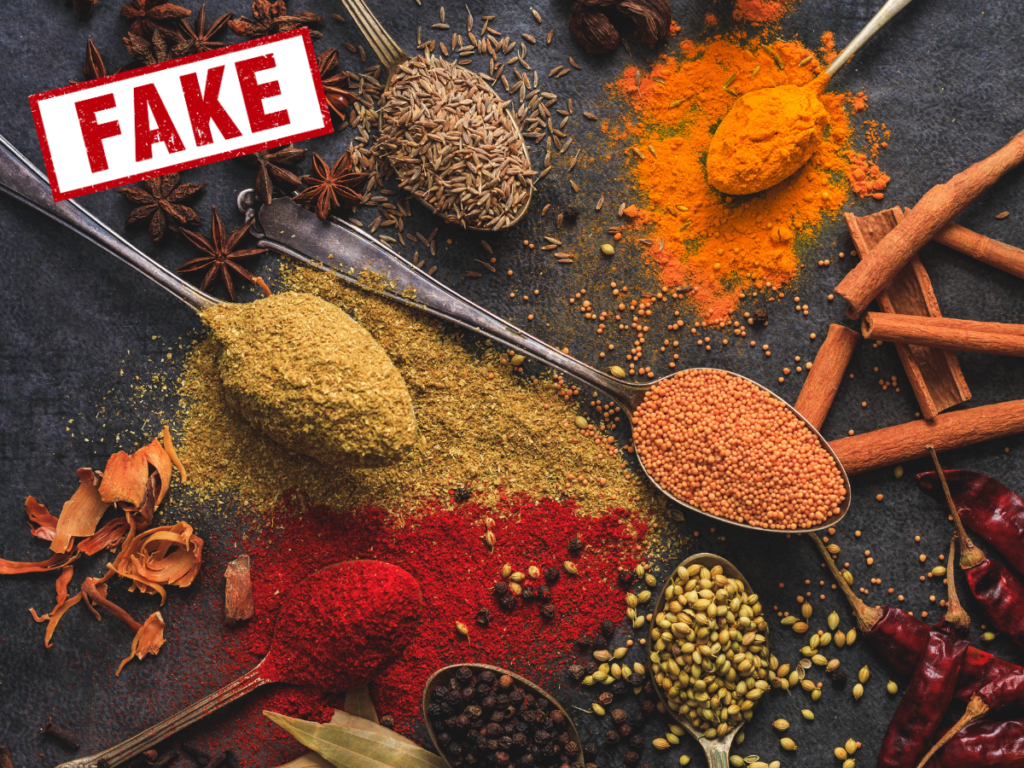
Aromatic Deceit in Every Pinch? Spices are widely known for their aromatic richness and ability to enhance culinary dishes. However, these spices are often subjected to adulteration and contamination, a widespread problem. From turmeric tainted with lead chromate to ground spices bulked with fillers, counterfeit spices compromise flavor, safety, and cultural authenticity. The spice trade’s complex supply chain exacerbates regulatory challenges, enabling fraudulent practices to persist.
Wine

From Vineyard to Vendetta: Wine, a symbol of sophistication and terroir, grapples with a spectrum of counterfeit activities. From mislabeling vineyard origins to adulterating vintages with inferior blends, fake wine deceives connoisseurs and collectors alike. The allure of money and status motivates wine counterfeiters, damaging the credibility of famous appellations and historic vineyards.
Coffee
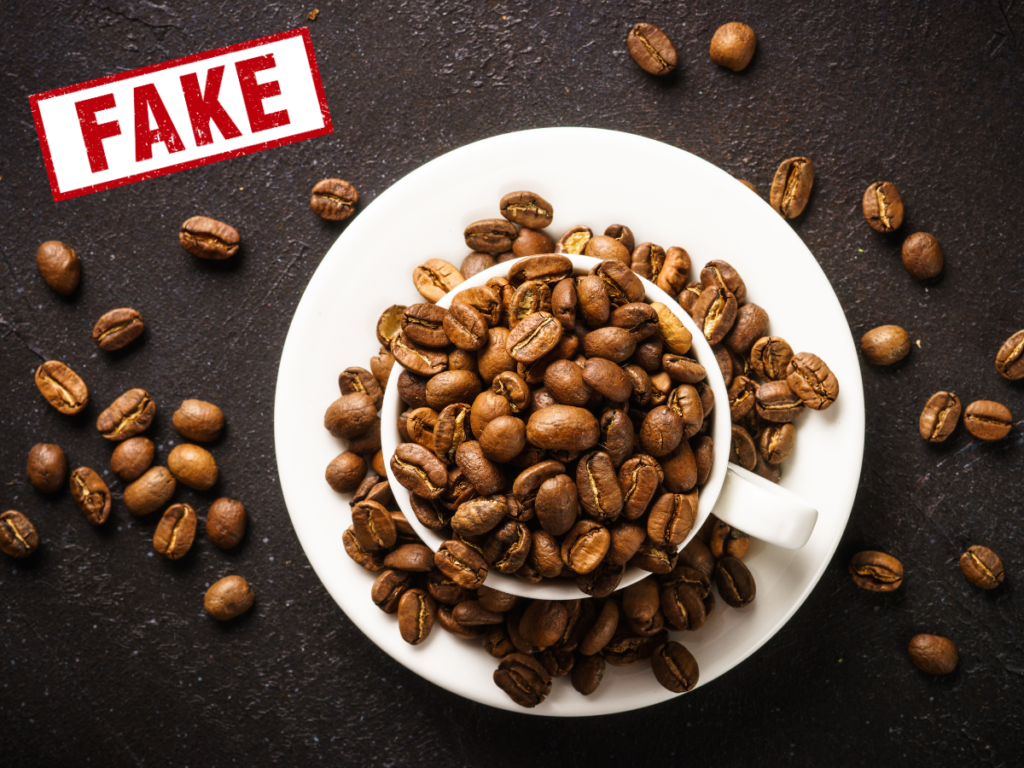
Brewing Trouble in Every Bean: Coffee, an international obsession and morning ritual, encounters multifaceted fraud schemes. From substituting premium beans with inferior varieties to blending coffee with chicory or roasted corn, counterfeit coffee compromises taste, quality, and ethical sourcing. The global coffee trade’s complexity facilitates fraudulent practices, undermining consumer trust and the coffee industry’s sustainability.
In the intricate tapestry of global food systems, deception lurks within every bite and sip. From olive oil to coffee, the most faked foods transcend geographical borders, socioeconomic divides, and cultural boundaries. Addressing food fraud demands collaborative efforts across industries, governments, and consumers to safeguard authenticity, integrity, and public health. As guardians of gastronomic truth, let us unveil the culinary charlatans and preserve the essence of genuine food for generations to come.




